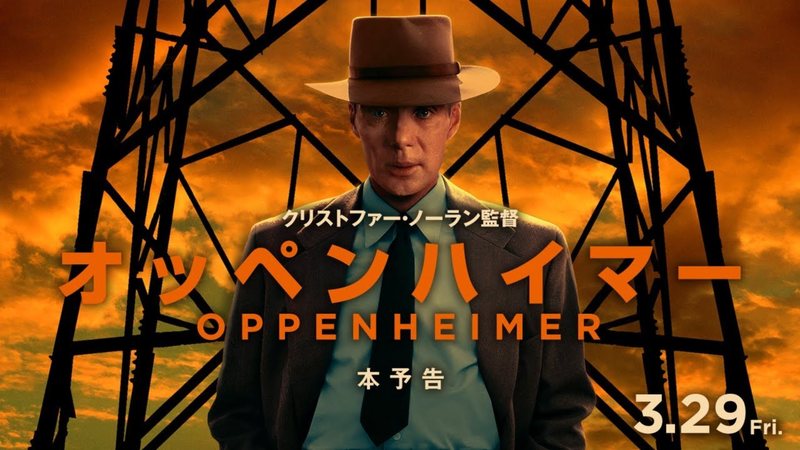The film directed by Christopher Nolan and starring Cillian Murphy premiered more than eight months ago in Brazil and the United States
Eight months after its debut in Brazil and the United States, Oppenheimer was released in Japan. The film directed by Christopher Nolan arrived in the country’s cinemas last Friday, the 29th, and divided opinions.
Cillian Murphy took on the role of Julius Robert Oppenheimer, a physicist who was one of the main people responsible for developing the atomic bomb. Shortly before Japan’s surrender in World War II, two of them were dropped on Hiroshima and Nagasaki, taking the lives of more than 200,000 people.
Former Mayor of Hiroshima Takashi Hiraoka considered the feature film Nolan biased: “From the perspective of Hiroshima, the horror of nuclear weapons was not sufficiently portrayed. The film was made in a way to validate the conclusion that the atomic bomb was used to save the lives of Americans” (via Associated Press).
Toshiyuki Mimakiwho survived the bombing when he was just 3 years old, said he was fascinated by the story of Oppenheimer. “What were the Japanese thinking, attacking Pearl Harbor, starting a war they could never hope to win?” she said. “Throughout the film, I was waiting and waiting for the Hiroshima bombing scene, but it never happened.”
Kazuhiro Maeshima, a professor at Sophia University who specializes in United States politics, called the film “an American conscience.” For him, anyone expecting an anti-war film may have left the session disappointed, but telling the story of Oppenheimer in theaters was something unimaginable a few decades ago, when the justification of nuclear weapons dominated feelings in the United States: “The work shows an America that has changed dramatically.”
Hiroyuki Shinju, a lawyer, argued that Japan and Germany bear their share of blame for the war. Historians point out that Japan was also working on nuclear weapons during the period and almost used them against other countries. “This film can serve as a starting point to address the legitimacy of the use of nuclear weapons in Hiroshima and Nagasaki, as well as humanity’s and Japan’s reflections on nuclear weapons and war,” he wrote in a comment published in the Tokyo Bar Association.
Source: Rollingstone
Rose James is a Gossipify movie and series reviewer known for her in-depth analysis and unique perspective on the latest releases. With a background in film studies, she provides engaging and informative reviews, and keeps readers up to date with industry trends and emerging talents.






